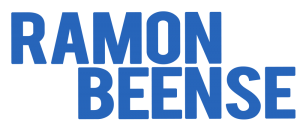A database software lets you organize your data in a structured manner and retrieve information easily. It also assists in managing and keep track of data with various tools that improve your business processes using flexible queries, storage formats, scalability, and more.
You can pick between relational databases, NoSQL databases, and in-memory databases, based on the amount of data your company will need to keep, as well as the performance requirements for the applications that utilize the database. It is also important to determine if you need horizontal or vertical scalability and whether you have any specific requirements for the speed of response for queries.
When choosing database software, it’s important to evaluate the ease of install and use for your team. You can do this by checking how reliable the program’s alerting system is, and if there are additional features that make it easier for users to configure. It is also important to look for a robust security framework and the ability to save client data online.
You should also consider how well the database management system will fit within your workflows. Evaluate if it will work for your team and how many of will require access to the tool. This will let you determine the cost of a solution for databases and its requirements. If you’re thinking of using it to manage the growth of data in a growing company You may also want http://virtuadata.com/how-to-use-gifs to think about its capacity.
